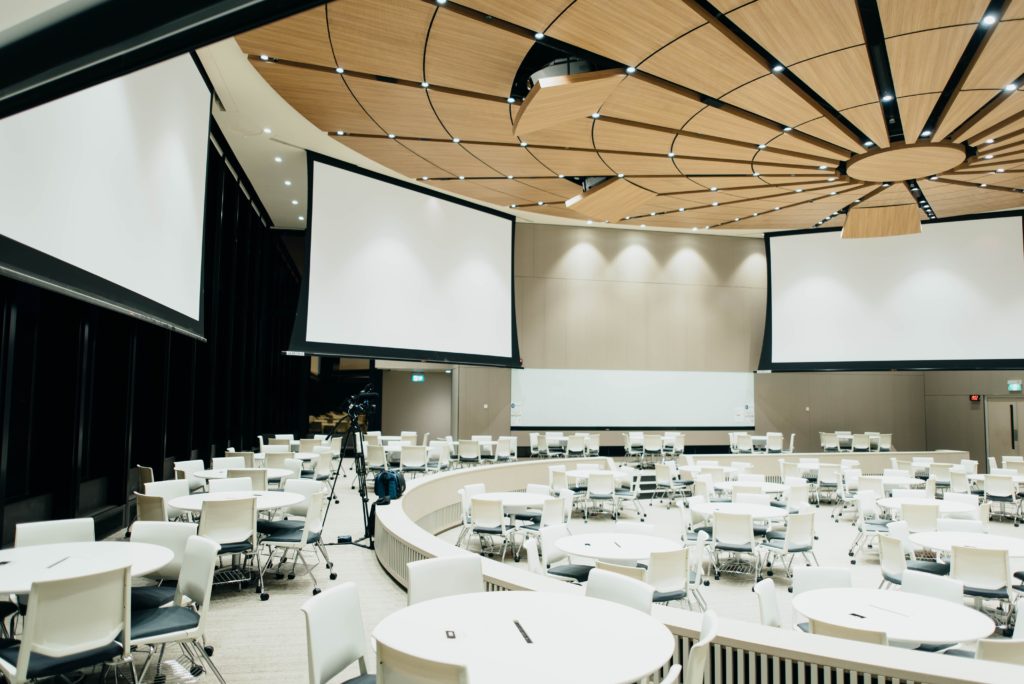
We all know that what makes IGAL special are our conferences. We have an opportunity to visit with our colleagues, exchange information, learn a thing of two and get international exposure. Our conferences have been many over the years, all around the world and, for the most part, we have enjoyed them. There is always praise and, let’s be honest, sometimes, criticism of our hosts. That is normal and healthy. But, do we ever stop and think what it takes to organize a conference: the planning, coordinating, scheduling. An enormous task, we assure you. What follows is an outline as to some of the areas needed to be considered.
STEP-BY-STEP GUIDE TO A SUCCESSFUL CONFERENCE
Step 1: Timing
Allow sufficient time to prepare and organise. Choose the most appropriate time of the year, considering the weather, holidays, workload, and any other issues specific to one’s location and business.
Step 2: Choose a theme and speakers.
Every successful conference needs a theme. What’s the unifying message that the speakers will deliver? Align that with the kind of memories you want the attendees to take home.
The best themes are catchy, relatable, and trigger an emotional response. A conference needs to inspire and stimulate conversation. A suitable theme should enable that.
For instance, “Stronger as a team” is probably a better theme than “Achieving improved efficiencies through increased cross-functional collaboration.” And much easier to say to boot!
Step 3: Organise a team.
Who will be helping to do what and when? Is there an agency needed or are there sufficient internal sources within the organizing firm? Will there be sponsors and, if yes, what will their function be?
Step 4: Prepare, distribute and stick to the checklists.
- Hotel – location
- Accommodation – N° and type of rooms, prices
- Catering
- Conference facilities – capacity plenary room, workshops
- Technical needs
- Leisure activities
- Extra-conference interests
Step 5: Prepare and, again, stick to the budget
Preparing a budget with realistic estimates helps when searching for venues and negotiating contracts. The main items to include are:
- Venue
- Accommodation
- Transportation
- Catering
- Speaker fees
- Activities
- Agency commission
This is not an exhaustive, all-inclusive list; it is better to be pessimistic and get a pleasant surprise than under-estimate and suffer negative financial consequences.
Step 6: Negotiate and submit the contracts.
For the hotel, ideally three quotations should be shortlisted.
Special attention should be paid to:
- The cancellation policy and penalties. (Read the small print.)
- Who is responsible for what?
- Deadline for headcounts
- Dietary requirements
- Parking restrictions
Again, this is not an exhaustive list and should be adapted to the type of hotel and the country concerned.
Step 7: This is the best part.
Hand everything over to the Administrator who will take over by preparing the agenda, the registration papers, hotel bookings, etc.
The organizing firm is in charge; the Administrator only coordinates.
If any of the members are interested in organising a midterm meeting or an AGM, please contact Beverley for more information and the complete conference guide.
